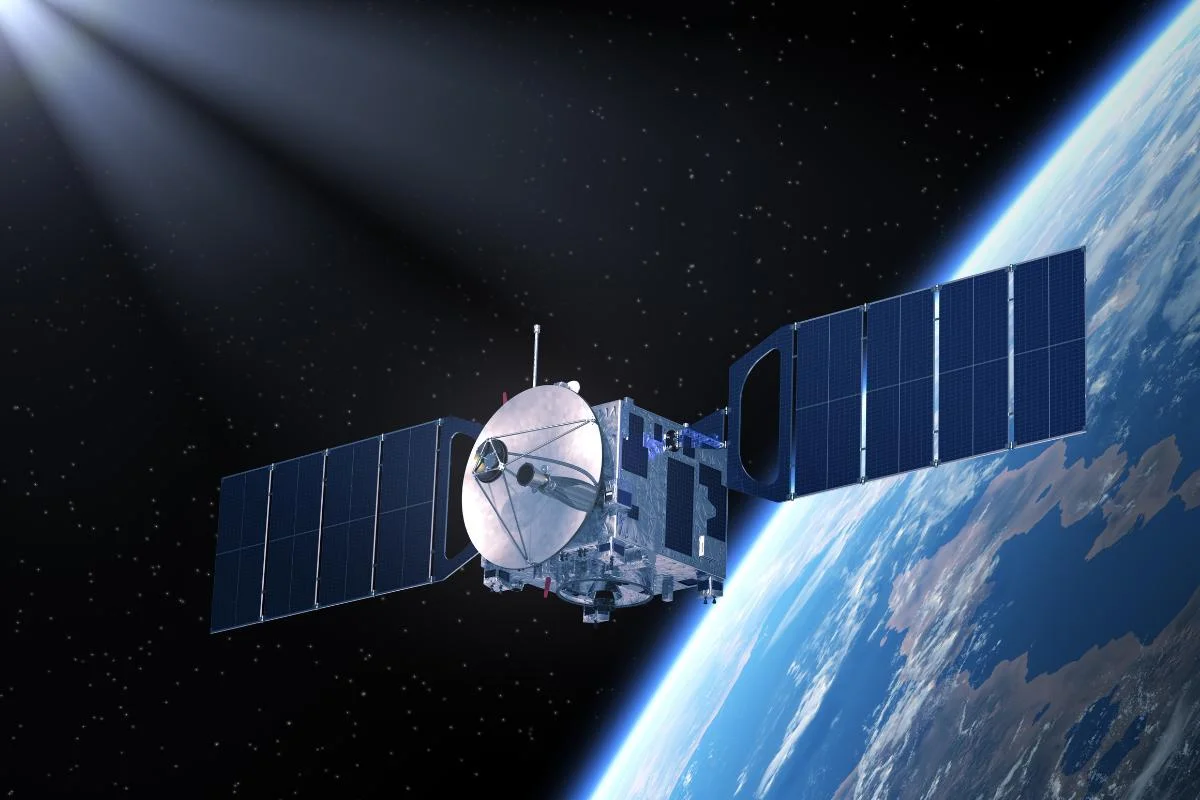
The Telecom Regulatory Authority of India (TRAI) is not going to side with reserving the 28 GHz band only for the satellite communications (satcom) companies. The regulator believes that for the optimum use of airwaves, the mmWave bands must be shared with both the satcom as well as terrestrial network operators. A TRAI official told ET Telecom that International Mobile Telecommunications (IMT) and satellite bands can co-exist and it has to happen for efficient use of airwaves.
Satcom Operators Oppose the Move
The satcom players don’t agree with the view of the TRAI. Satcom companies want TRAI to reserve the 28 GHz airwaves only for administrative allocation for satellite broadband services.
The TRAI further told ET Telecom that the satellite Earth Station Gateway for satcom services should be allowed to be deployed in the 27.5-28.5 GHz band on a case-to-case basis at remote or uninhabited locations where 5G IMT services are unlikely to come up.
Allowing the airwaves to go to both the terrestrial network service providers as well as the satcom companies will ensure that a major chunk of it doesn’t go idle.
The satcom companies want the Indian government to follow the global practice of allocating spectrum on an administrative basis. But the telcos want it to be auctioned for everyone.
According to the TRAI official, India would be wasting very crucial resources if the mmWave airwaves are only offered to the satcom companies. The Telecom Regulatory Authority of India (TRAI) has already come out with recommendations on the spectrum auction. The industry is not very happy with the pricing recommendations of the regulatory body. It is very unlikely that TRAI will change its recommendations but the final call on the price of the airwaves will be taken by the Cabinet after a few weeks.
The satcom operators will not be happy with the move as it will hurt their investments in India.















